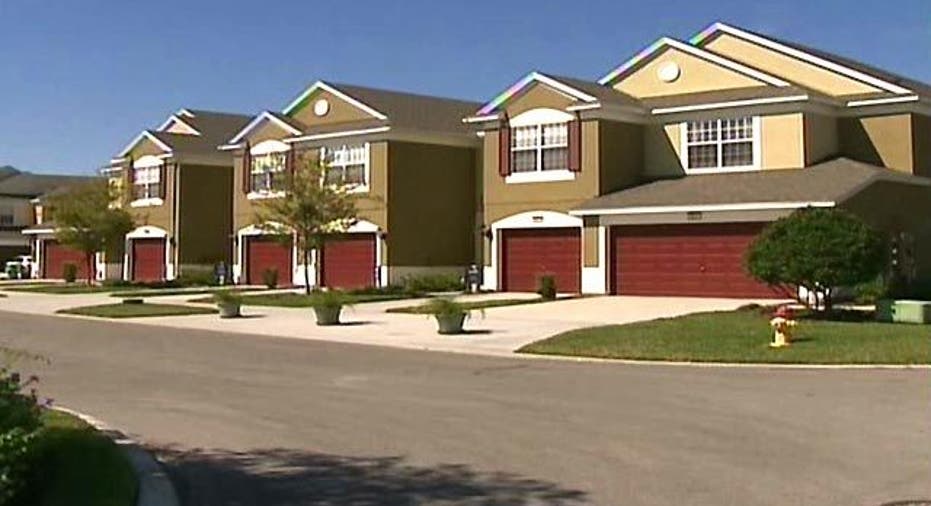Is a Cash-Out Home Refinancing Right for You?

Dear Dr. Don, I have a question of whether to refinance. We have been in our home for 21 years and are not close to retirement. Our ages are 49 and 51, and we have a first and second mortgage. The first mortgage has a balance of $68,000, and the interest rate is 6.125%. On the second mortgage, we owe about $15,000 with an interest rate of 3.25%. We would like to take advantage of the low interest rates but do not want to continue to rebuy the same home. Our goal is to pay off the home with a short-term mortgage. Thus, we are not sure about the options available based on our current status. -- Masani Mortgage
Dear Masani, You're not rebuying the same home; you're restructuring your home's financing. You owe $83,000 on the existing mortgages, and you'll owe $83,000 on the new loan. What you're paying twice for are the closing costs on the mortgage. However, the closing costs paid on the existing mortgages aren't relevant to the analysis. They're sunk costs. That money's been spent. What you want to see now is whether you can capture enough in interest savings to justify the investment in closing costs.
Odds are you won't be able to just refinance the first mortgage. The second mortgage lender will have to approve the refinancing of the first mortgage, and it's not likely to agree. That's because interest rates on second mortgages are no longer being written at the prime lending rate of 3.25%. Do a cash-out refinancing of the first mortgage to pay off the second, and you'll probably be paying a slightly higher interest rate on the $15,000.
Still, being able to reduce the interest rate on the $68,000 loan balance from 6.125% to 3.4%, Bankrate's national average for a 15-year loan, will substantially reduce your interest expense. Bankrate doesn't track 10-year mortgage rates, but you should be able to find a bank willing to lend you $83,000 for 10 years at or below the 15-year rate.
The key in deciding to do a cash-out refinancing for interest savings is to plan to stay in the house long enough to recoup the closing costs in reduced interest expense. You also don't want to extend the term of the new loan longer than the average life of the existing loans.
Bankrate's content, including the guidance of its advice-and-expert columns and this website, is intended only to assist you with financial decisions. The content is broad in scope and does not consider your personal financial situation. Bankrate recommends that you seek the advice of advisers who are fully aware of your individual circumstances before making any final decisions or implementing any financial strategy. Please remember that your use of this website is governed by Bankrate's Terms of Use.



















